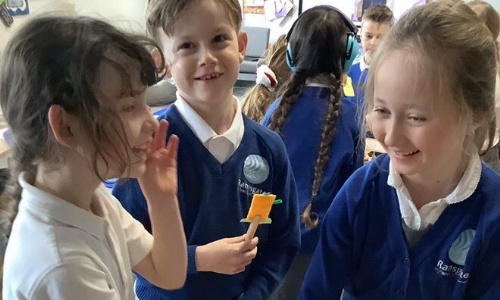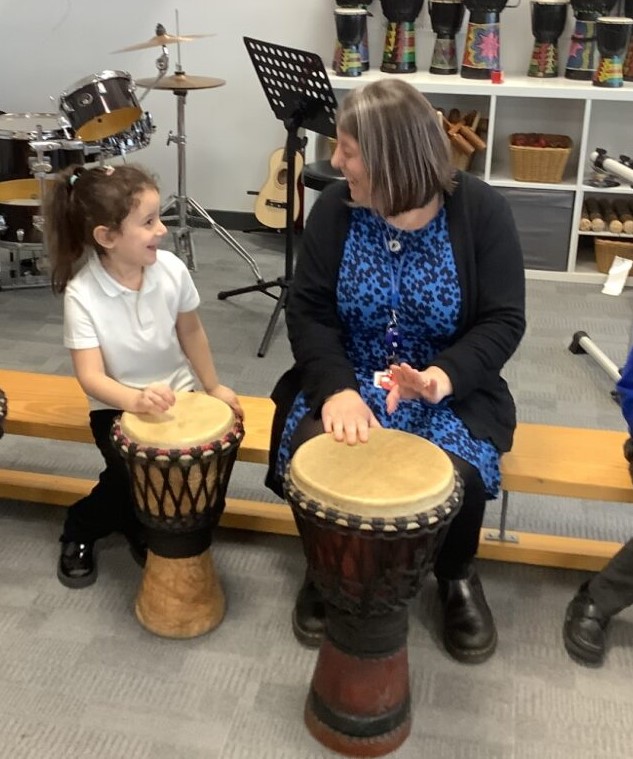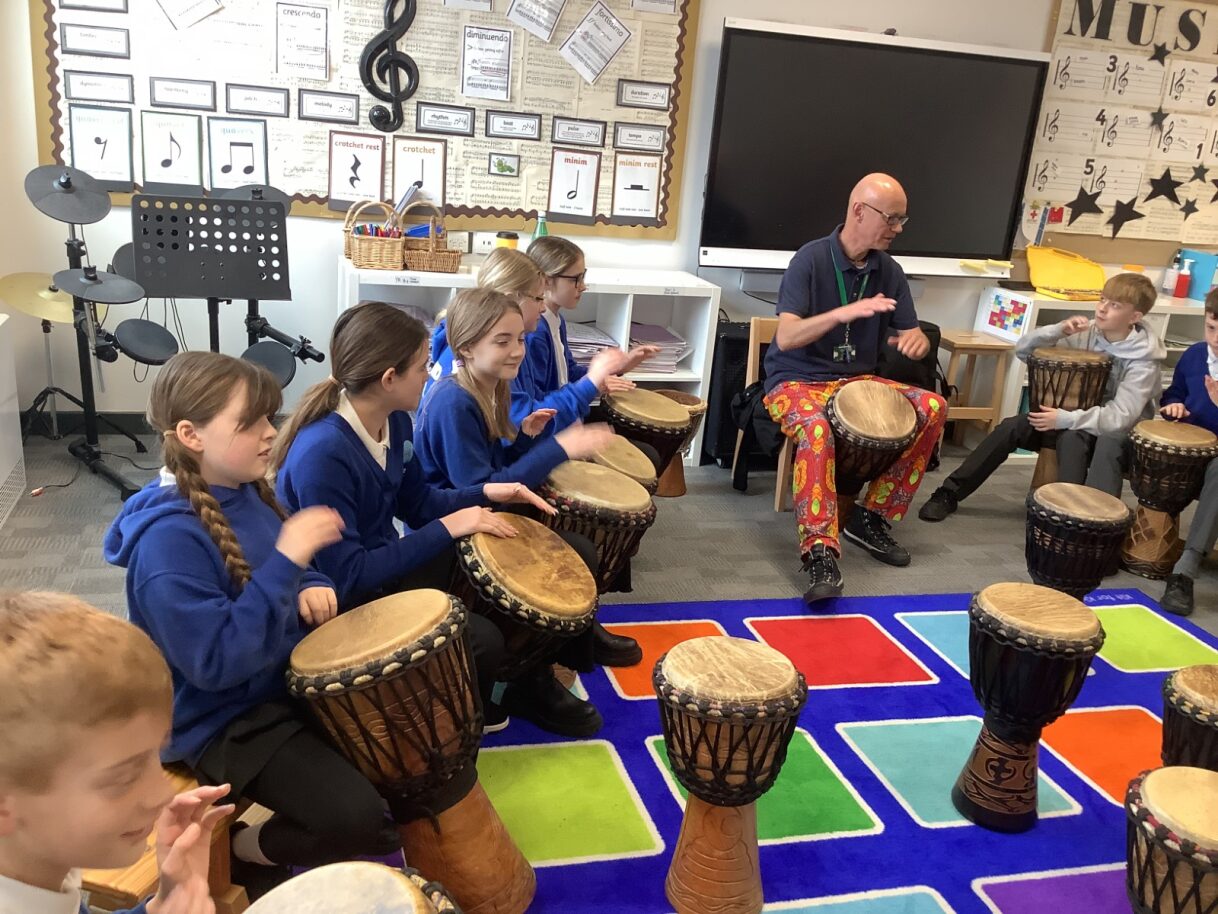Ramsgate Arts Primary holds first Festival of Neurodiversity

Neurodiversity – which put simply refers to the different ways a person’s brain processes information – has been explored, understood and celebrated by children at Ramsgate Arts Primary.
The school’s first ever Festival of Neurodiversity saw pupils from all age ranges taking part in a week of workshops and learning opportunities focusing on neurodiversity and inclusion.
Head of School Nick Budge said: “It is important that we all consider the way in which this affects so many people – it is estimated that around one in seven of us in the UK has some kind of neuro difference.
“Our inaugural festival helped stimulate awareness and understanding, and it was a valuable learning journey – it was a great success and it is something we hope to hold annually.”

Victoria Elliott, Designated Safeguarding, Mental Health and Wellbeing Lead at RAPS, highlighted other parts of the festival.
She said: “Musician and songwriter Naomi Hammerton worked with children to create their own lyrics for a whole school signing choir performance of Make your Own Kind of Music. The children also had an opportunity to explore the work of neurodiverse artists and writers.
“A highlight of the week was a discussion panel on our very own RAPS Radio where some of our pupils discussed their own experiences of being neurodiverse and the biggest hit with pupils was the silent disco.
“There were also workshops and drop-in groups for parents and carers delivered by Kent Autistic Trust, For Us Too and Speech and Language Therapist Jo Cahill.
“The school partnered with The Palace Cinema in Broadstairs for a screening of the award-winning documentary The Reason I Jump, based on the book by autistic writer Naoki Higashida, highlighting the lived experience of autistic young people across the globe.”
Mr Budge added: “Our children and parents engaged fully with the festival and gained so much from the experience. My thanks go to the staff who organised a well-constructed, comprehensive and important educational event.”

*Neurodiversity” is a popular term that’s used to describe differences in the way people’s brains work. The idea is that there’s no “correct” way for the brain to work. Instead, there is a wide range of ways that people perceive and respond to the world, and these differences are to be embraced and encouraged.
Many people with neuro differences are highly intelligent.
Most common types of neurodiversity includes Autism, or Autism Spectrum Conditions, ADHD: Attention Deficit Hyperactivity Disorder, or ADD: Attention Deficit Disorder, Dyscalculia, Dyslexia, Dyspraxia, Developmental Coordination Disorder (DCD).
